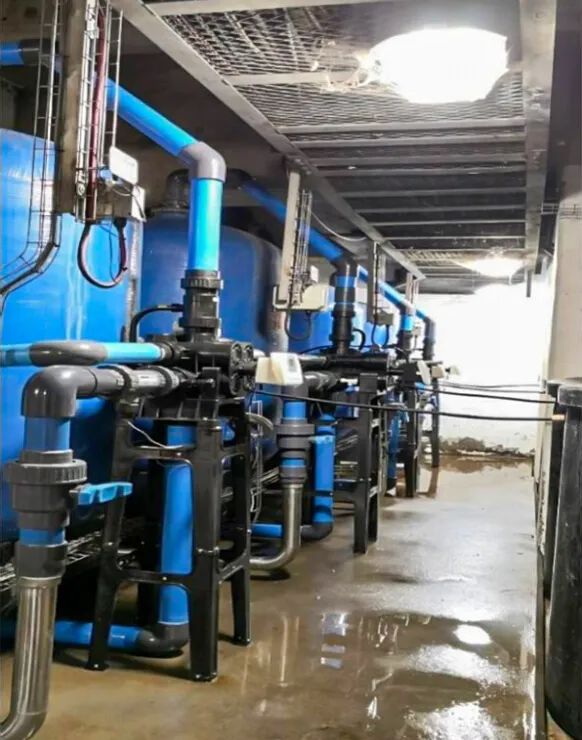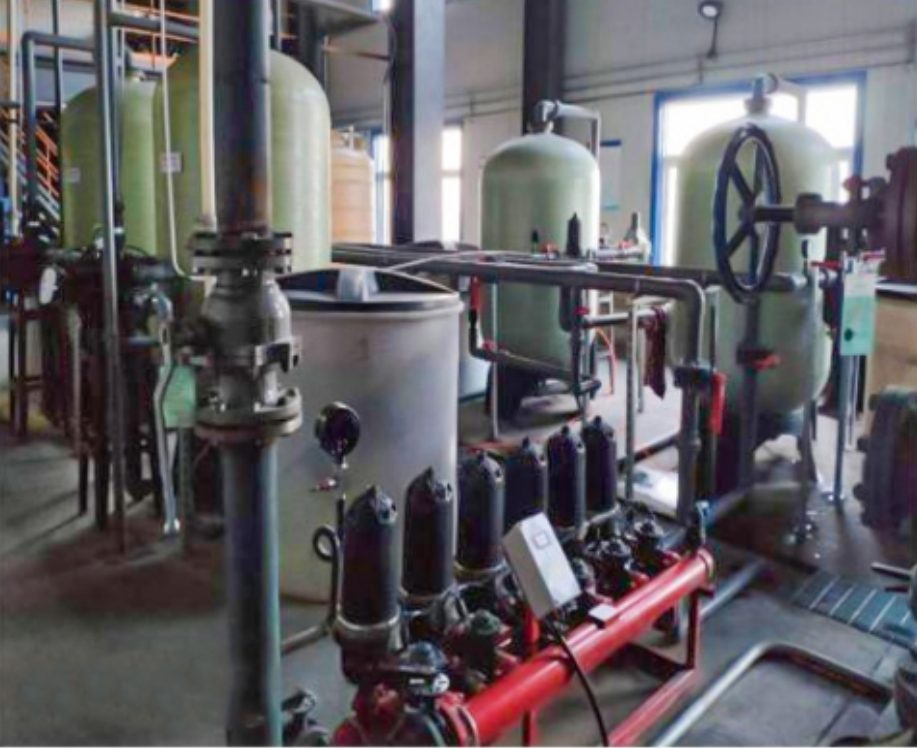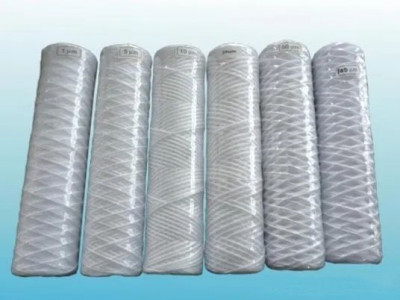When designing a water softening system, the hardness (YD) and alkalinity (JD) of the water are two common and important parameters, what do they mean? And what is the relationship between them?
May 11, 2023
Hardness (YD)
Hardness usually refers to the content of calcium and magnesium ions (Ca2+, Mg2+) in water, which is an important technical indicator to measure whether boilers and other heating equipment are easy to cause scaling, the main role of water softeners is to remove or reduce the calcium and magnesium ions in water.
Usually the water containing hardness is called hard water, and the water with hardness removed is called softened water or soft water.

Calcium and magnesium ions are the main cations in natural water, which exist in almost all natural water, usually people call the total content of calcium hardness and magnesium hardness in water “total hardness”, where calcium hardness includes: calcium bicarbonate, calcium carbonate, calcium sulfate, calcium chloride, etc.; magnesium hardness includes: magnesium bicarbonate, magnesium carbonate, magnesium sulfate, magnesium chloride, etc.
In addition, hardness can also be divided into two categories of carbonate hardness and non-carbonate hardness according to the type of anion it consists of.
-
Carbonate hardness
The concentration of salts composed of calcium and magnesium ions and bicarbonate or carbonate in water is called carbonate hardness. The carbonate hardness in natural water is usually dominated by bicarbonate, so natural water is neutral.
Carbonate hardness in high temperature water will occur in the following decomposition reaction and generate precipitation, if precipitation in the heated surface precipitation will form scale, if precipitation in the pot water is formed slag, slag can be removed by boiler drainage, but if the drainage is not timely, slag will also be transformed into scale.
Ca(HCO3)2→ CaCO3↓+ H2O + CO2↑
Mg(HCO3)2 →MgCO3↓+ H2O + CO2↑
MgCO3+ H2O →Mg(OH)2↓+ CO2↑
-
Non-carbonate hardness
Non-carbonate hardness refers to the water in addition to carbonate, calcium, magnesium ions and other anions (such as sulfate, chloride ions, silicate, etc.) composed of salt content.
Containing non-carbonate hardness of water into the boiler, with the boiler evaporation concentration, ion concentration is increasing, and calcium sulfate and silicate and other solubility and solubility product in water will be reduced with the increase in temperature, when the concentration of ion product is greater than the solubility product will precipitate, and in the heating surface of the scale.


Alkalinity (JD)
Alkalinity is the amount of a class of substances that indicates the ability of water to accept hydrogen ions (H+).
Alkalinity in water is mainly composed of OH-, CO32-, HCO3- and other small amounts of weak acid salts. In natural water,
most of the alkalinity exists in the form of HCO3-, and only a very small amount of natural water, if the alkalinity is very high, will have a small amount of CO32- present; HCO3- decomposes into CO32- after heat in the pot water, and will further hydrolyze to generate OH-. Therefore, most of the alkalinity in boiler water exists in the form of CO32- and OH-.
If the water containing carbonate hardness enters the boiler, the alkalinity in the pot water will be reduced due to the generation of carbonate scale or slag;
if the softened water is used as boiler feed water, the alkalinity in the pot water will increase as the boiler evaporates and concentrates because the softened water only removes the hardness and retains the alkalinity. Therefore, when the alkalinity of boiler water is too high, softening – alkaline reduction treatment is required.

The relationship between hardness and alkalinity
There are three cases of hardness and alkalinity of natural water as follows:
Hardness is greater than alkalinity: in this kind of water, Ca2+ and Mg2+ first form carbonate hardness with HCO3-, and the remaining Ca2+ and Mg2+ form non-carbonate hardness with other anions such as SO42- and Cl-, most natural water belongs to this situation;
Hardness equal to alkalinity: in this kind of water, all Ca2+ and Mg2+ form carbonate hardness with HCO3-, when there is neither non-carbonate hardness nor residual alkalinity, which is rarely found in natural water;
Hardness less than alkalinity: this water is called alkaline water, Ca2+, Mg2+ all with HCO3- to form carbonate hardness, the remaining HCO3- is with Na+, K+ to form sodium-potassium alkalinity, also known as negative hardness. There is basically no non-carbonate hardness in this kind of water, and it is called negative hard water or alkaline water, and only individual areas have this kind of natural water.
Detailed Operating Instructions for Automatic Dosing Systems
December 26, 2024
Characteristics and Applications of Precision Filters
December 19, 2024



